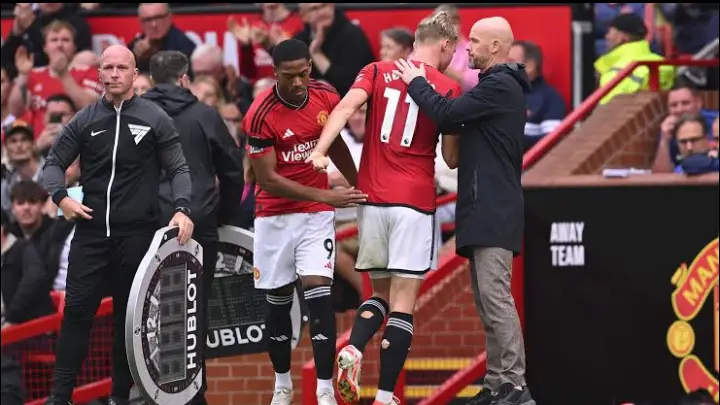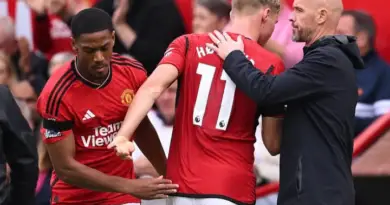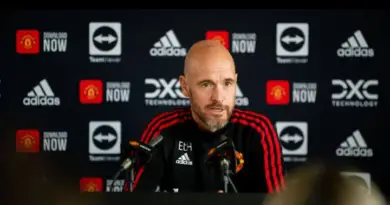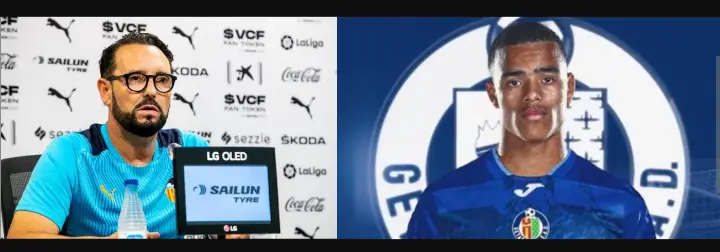After Brighton beat Man United 3-1, Ten Hag revealed why he replaced Hojlund with Martial
Manchester United manager Erik Ten Hag has decided to revealed the reason why he replaced Rasmus Højlund with Anthony Martial during the 3-1 defeat to Brighton & Hove Albion F.C.
Manchester United’s woes continued as they suffered a 3-1 defeat at the hands of Brighton at Old Trafford, marking their third loss in just five league games.
This dismal start to the season is the club’s worst in 34 years, leaving fans and pundits alike seeking answers. In the aftermath of the match, Manchester United’s manager, Erik ten Hag, provided some insights into his tactical decisions, particularly the substitution of debutant Rasmus Hojlund for Anthony Martial in the second half.
The Unfortunate VAR Decision
Ten Hag acknowledged that Manchester United had some tough luck during the match, notably when VAR disallowed a first-half equalizer from Rasmus Hojlund due to a ball going out of play in the build-up.
Despite this setback, he expressed concern about the overall results his team had been delivering.
The Hojlund-Martial Swap
Erik ten Hag’s decision to replace debutant Rasmus Hojlund with Anthony Martial raised eyebrows among the Old Trafford faithful.
At that point, Manchester United was trailing 2-0 and desperately chasing the game. The decision was met with open booing from the crowd, although they later applauded Hojlund’s promising performance in his first home game since his £72 million move from Serie A side Atalanta.
Ten Hag explained that he had a valid reason for the substitution. He revealed that Hojlund had arrived at the club with a stress fracture in his back, which made it necessary to be cautious with the young talent.
The decision to bring on Martial was based on the need to manage Hojlund’s playing time and avoid potential injuries.
Ten Hag’s Tactical Move: Replacing Hojlund with Martial, Explained
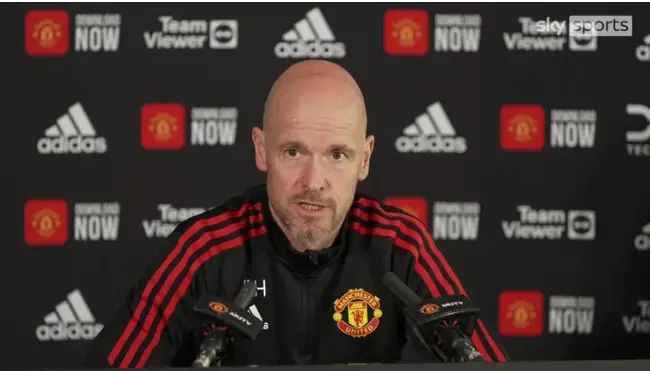
Ten Hag’s Perspective
Erik ten Hag shared his perspective on the crowd’s reaction to the substitution.
He noted that the initial booing was a result of Hojlund coming off the pitch, but he emphasized the positive aspects of the situation.
The warm reception and applause from the fans for Hojlund’s performance sent a strong message of support and encouragement. This, in turn, would boost the young player’s confidence and belief in himself.
Ten Hag stated, “Hojlund performed very well. It’s good that they gave this signal; this message will give Rasmus belief.” He also reiterated the importance of managing Hojlund’s fitness, saying, “If Hojlund gets injured because he is not capable of playing 90 minutes, then we are much further away from where we want to go.”
Regarding Anthony Martial, Ten Hag expressed optimism about the player’s potential contributions. He pointed out that Martial had a positive impact on their games last season when he was fit.
While Martial was not at peak fitness during this match, Ten Hag believed that as he improved, he would once again be a valuable asset to the team.
Erik ten Hag’s tactical decisions, particularly the substitution of Hojlund for Martial, were rooted in a careful consideration of player fitness and team strategy.
While the initial crowd reaction reflected disappointment, Ten Hag remained focused on the long-term goals and the need to manage his players’ well-being.
The Manchester United faithful can hope for better results as the season progresses and key players regain their form.
.
